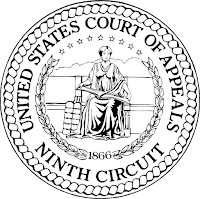The Ninth Circuit makes the following ANNOUNCEMENT (Updated as of July 11, 2023)
The Court, having reduced its backlog significantly over the past several years, is now beginning to move cases to decision or schedule argument in cases once the answering brief is filed.In its continued effort to improve overall case processing times, the Court will make a concerted effort to (1) streamline briefing schedules across all case types, including immigration cases; (2) reduce delay related to transcript designation; (3) limit the number and length of briefing extensions granted across all case types after the initial request; and (4) absent a compelling and irreconcilable conflict, schedule cases at the locations and on the dates provided in the initial calendaring notice.
Effective October 2, 2023, the Court will set initial briefing schedules in keeping with Fed. R. App. P. 31, unless otherwise ordered in specific cases. This change will apply to all case types, including immigration. These schedules, where appropriate, will provide 14 days to designate and pay for transcripts rather than the 21 or 30 days in 9th Cir. R. 10. If ordered and paid for, the court reporters will continue to have 30 days to prepare transcripts.
Parties are reminded that, if more time is needed, they may avail themselves of a streamlined 30-day extension of time. However, pursuant to Ninth Circuit Rule 31-2.2(a), this streamlined extension is intended to be the sole extension of time to file a brief. Moreover, written motions to further extend time will no longer be routinely granted.
This announcement provides notice to parties and counsel that their cases should be briefed and argued within the time frames set out by the Court.



